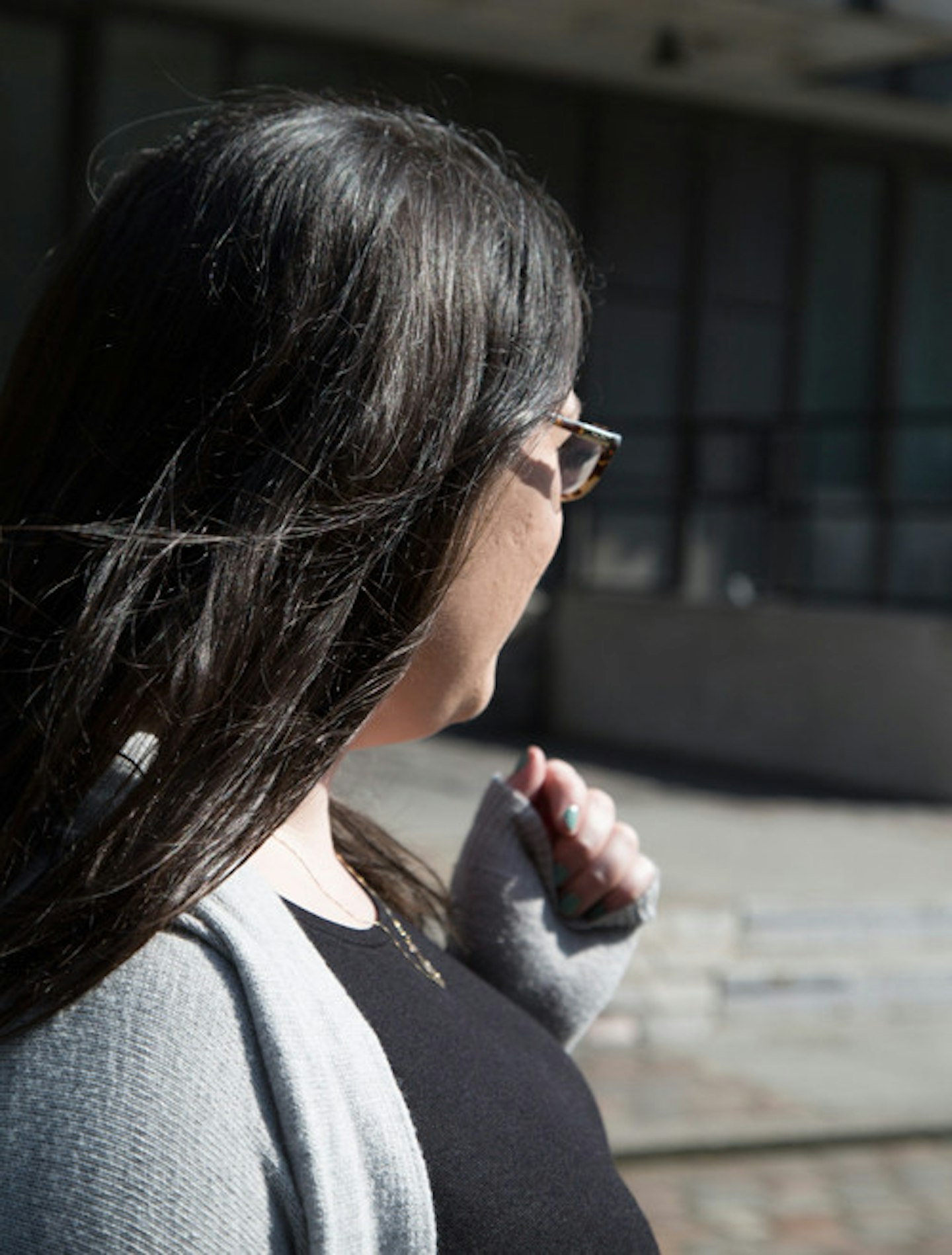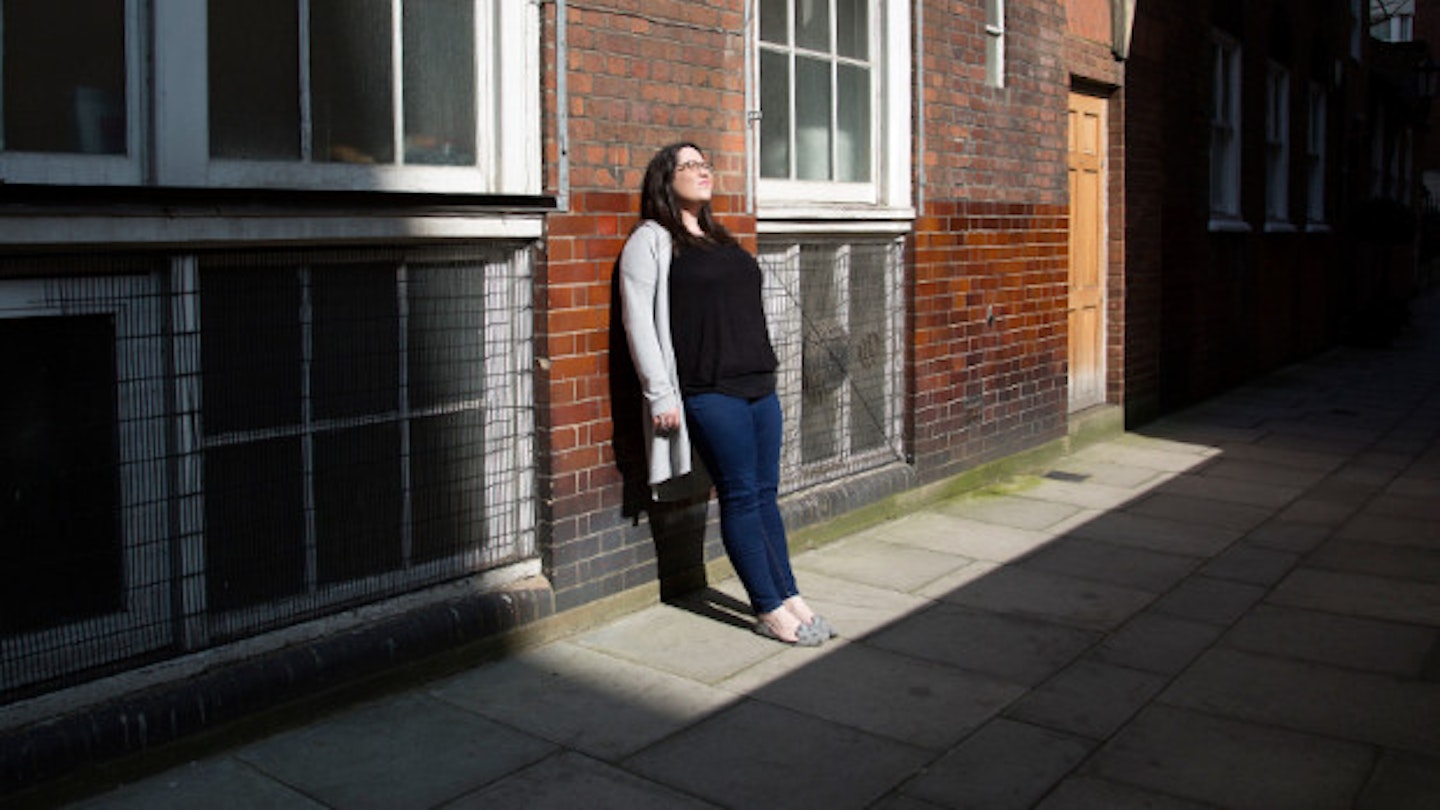We’re sold this idea that in order to be a success, you have to work hard and play hard until you become the best, before retiring with a big fat pension for a few decades of skiing in the alps and novel writing. Never stop, keep striving, have something you can say when someone asks you what you do. Impress people. Flash your business card. LinkedIn. You get the idea.
But is this making us happy? The UK ranks fifth in the entire world for the percentage of employees who hate their job, and a survey last year found that nearly half of workers are unhappy at their place of work – and it’s not good for us. What’s good for us, unsurprisingly, is feeling happy – and it doesn’t look like a lot of us employed people are, despite the fact that we’re employed during a time where 1.86 million are struggling to find jobs; the Mental Health Foundation found that nearly two thirds of employees have experienced a negative effect on their personal life, which including lack of personal development, physical and mental health problems, poor relationships and poor home life.
What if you did a job that made you happy? No, not something that would make your mum happy, or those arseholes at parties happy, or that nagging feeling that you need to be ‘doing something with your life’ happy. You. Helen, 28, from Edinburgh was doing a publishing internship in London and living off porridge oats and water, because she couldn’t afford anything other than her tiny room (which was technically a cupboard) thanks to her miniscule salary of around £800 a month. Looking around at her friendship group, she saw that people who had graduated three years before her were still interning, still in low level starter jobs, still trying to claw their way up a career path that was making her miserable. ‘It sounds really morbid, I always wonder, ‘What if I don’t live very long? What if I’m in a car accident? Do I want to spend my entire twenties eating porridge and water?”’ she says. The answer was no, so she packed it all in and became an air hostess. Now, she has a tax-free salary, gets her rent and bills paid, either travels around the places she flies to (all over the world) or uses her extensive time off and excellent salary to go travelling to those places she doesn’t go to with work, and has bought a car and amassed a ton of savings.
Of course, she also gets patronised at parties. ‘There’s a lot of condescension, a lot of, “Oh... interesting. Why have you done that?”, especially from friends back home and especially friends from from uni,’ she says. ‘People will ask if I’m going to do that for very long – just like when I used to wait tables and they’d say, “That’s great, but of course it’s temporary, though.” I’d get so pissed off I’d lie and tell them it was what I wanted to do, because of course it was temporary, but who is anyone to judge? What if I want to be cabin crew for my entire life? I’m having an amazing time!’

Dani, 28, (pictured) who works as an office manager for a software company finds that people patronise her, too – she moved to London and wanted to find a job that would enable her to go to the theatre, go out, really explore the city and have fun, rather than slaving through 15-hour days. While her mates work in the City, and work through the evenings, she’s the one who always knows the best pop-ups to visit, and the shows that are opening. Of course, the first question people ask isn’t, ‘What have you been up to?’ it’s, ‘What do you do?’ and we’re all guilty of it. ‘It’s a bit embarrassing and depends who you’re talking to. Posh friends are a bit more awkward, because I don’t think they understand that I just want to have fun, but normal people get what I mean,’ she says. ‘I still tend to skirt around and wash over it, making a joke about it or whatever. But more and more I feel like I don’t have to impress people anymore.’
While Dani lives in London and Helen is flying all over the place, another way to reject this ‘live to work until you die’ stereotype is to move to Cumbria in a tiny town in the midst of a mountain range. ‘I don’t think the pace of city life really suits me, and I didn't like being sold this idea that I wasn't doing it right unless I spent my whole life stressed out of my head,’ says Hannah, 25, who does the marketing for a regional theatre. ‘You should be thinking a bit more and investigating why you want to do what you do a bit more, coming to your own conclusions rather than going with what you've been told. Of course sometimes I feel a bit of pressure to do the things other people my age are doing – Facebook doesn’t help, with people posting about seeing shows on the West End – but I love being outdoors.’ Hannah spends her free time mountain biking, swimming in the lake (in summer, obviously), walking and sailing.
It sounds like these guys have got it together – and they have – but alongside the knowledge that they’re doing what they want to do, there’s that social pressure. It can make you question yourself, even when you're perfectly content. For example, Hannah actually finds herself worrying about the fact that she’s satisfied with her job. ‘It’s a self-perpetuating fear that comes from what other people think of you, and why do I care why other people think? It’s not like I want to do something else, but I’m like, “Should I want to do something else?” Which is crazy! It wouldn’t cross my mind if it wasn’t for other people.’

It really is crazy that those of us who don't want to jump on the career ladder are feeling bad for not wanting to. ‘Work stress can be incredibly bad for you, psychologically and physically,’ says occupational psychologist Alexis Hallam. ‘If you never stop to think, “Is this making me happy?” you become out of touch with yourself. You become driven by the values of other people, rather than your own intrinsic values. It’s important to get a handle on who you are and what you want and why, so ask these questions at every step.’
Hannah agrees, despite being pretty firm in her beliefs, and advises anyone feeling life FOMO or concern about not doing what they’re ‘supposed’ to be doing to sit down and work out if it’s ‘different good or different bad, for you’. This could be, as Alexis suggests, a timeline – which sounds scary, but then might actually really help you grab the career bull by the horns and do what you want to do, rather than what other people are telling you: ‘It’s about drawing a line on a page for your twenties, then another for your thirties and forties. What’s important to me? What can I do now that I won't be able to do when I’m 60? You need to make sure you’re making priorities for you, not for your boss or your parents or those three minutes conversations at house parties.’
There’s something in this, because the one common factor linking all the girls we spoke to is the fact that they’re way happier than the average employee. ‘We are here to live and, without wanting to be massively spiritual, it’s important we experience life,’ says Daisy, 20, a theatre apprentice who decided not to go to university, because she didn’t know what she wanted to do and didn’t see the point in paying loads of money to sit in another city and figure it out (so logical). ‘I could set myself up now, get a high-paid job and not see my boyfriend ever, because I’m constantly at work, but I don't see much point in this. I’ll get to the age of 40 and have no memories.’
Dani agrees: ‘I don’t think there’s much difference in what I’m doing – enjoying myself and making decisions later on – and people going to work in the City for ten years, making all the money they need to and then leaving to do what they want. From a cross-section of my friends, nobody enjoys the City lifestyle...’ Or maybe they do, but there’s certainly a high level of people who are doing it for the money. Or doing it to prove themselves. Or because that’s just what you’re supposed to do.

In fact, once you’ve made a decision to do something for the quality of life, rather than the quality of your CV, you could find you don’t want to get back to the rat race. ‘When I joined, it was for a year. But I was so happy, and the lifestyle was so addictive, and there was so many more places I wanted to travel to that why would I leave?’ says Helen. ‘I work in first class and do so much less and get paid more, which is the dream.’
But don’t expect that pressure to ever go away, just make sure you don’t find yourself stuck doing something you’re unhappy with, because nobody told you there was another way. ‘You can’t ever fully get rid of that pressure to be constantly moving up, always working and improving and doing what everyone else seems to be doing,’ says Hannah. ‘But I think you can just about get over it by questioning why do we always have to strive for that? Why is that way the only way?’
Like this? You might also be interested in...
It Looks Like We All Get The Three Year Itch And Want To Change Careers
Employers Are Struggling To Find 'Work Ready Graduates' But Are Grads Really To Blame?
Follow Stevie on Twitter: @5tevieM
This article originally appeared on The Debrief.
